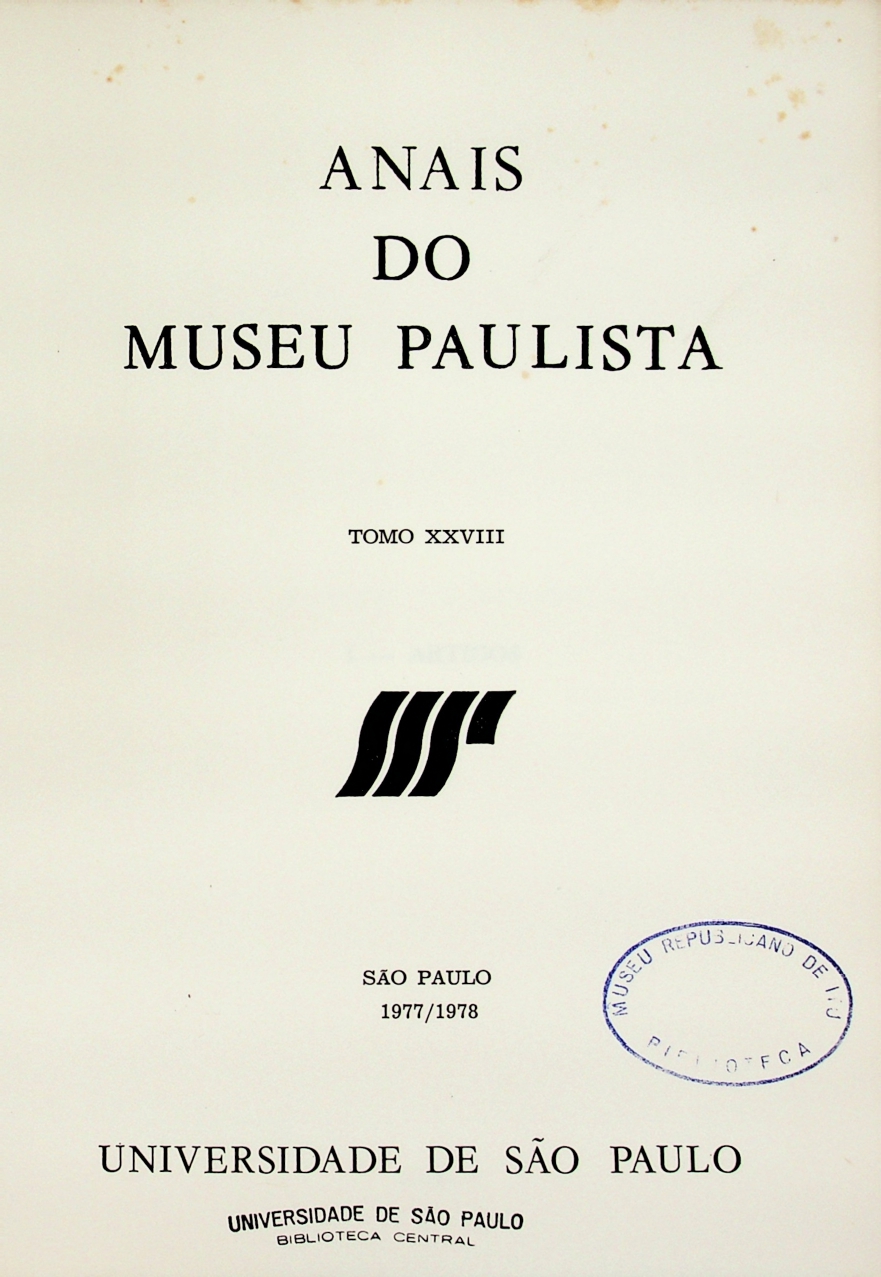O homem esquecido: o trabalhador livre nacional no século XIX - sugestões para uma pesquisa
DOI:
https://doi.org/10.11606/1982-02671978TomoXXVIIIe8Abstract
This article argues for the reexamination of the transition from slavery to freedom in São Paulo. The demographic evidence indicates a massive presence of free persons throughout the nineteenth century, even in those areas where coffee production led to a concentration of slave labor. In part, this free element may have grown due to internai migrations. Free labor found employment in a variety of occupations on the coffee plantations, and also in the food crop sector, but only a few 19th century politicians argued for the systematic recruitment of these people to compensate for the increasing difficulties in acquiring slaves after 1850, when the international slave trade stopped. Modern authors have suggested various hypotheses to explain why the paulista coffee planters preferred subsidizing European immigration to recruiting Brazilians. Some agree with the 19tb century observers that the Brazilian worker was unable to produce as well as the foreigner; others argue that the Brazilian worker was discouraged by the severe work on the plantations. A different line of explanation identifies the costs of recruitment, both in economic and in socio-political terms, as unacceptable. Since none of these hypotheses seems adequate to explain the problem, they suggest the need for further research.
Downloads
References
Downloads
Published
Issue
Section
License
Copyright (c) 1978 Peter L. Eisenberg

This work is licensed under a Creative Commons Attribution 4.0 International License.
Autores que publicam nesta revista concordam com os seguintes termos:
- Autores mantém os direitos autorais e concedem à revista o direito de primeira publicação, com o trabalho simultaneamente licenciado sob a Licença Creative Commons Attribution que permite o compartilhamento do trabalho com reconhecimento da autoria e publicação inicial nesta revista.
- Autores têm autorização para assumir contratos adicionais separadamente, para distribuição não-exclusiva da versão do trabalho publicada nesta revista (ex.: publicar em repositório institucional ou como capítulo de livro), com reconhecimento de autoria e publicação inicial nesta revista.
- Autores têm permissão e são estimulados a publicar e distribuir seu trabalho online (ex.: em repositórios institucionais ou na sua página pessoal) a qualquer ponto antes ou durante o processo editorial, já que isso pode gerar alterações produtivas, bem como aumentar o impacto e a citação do trabalho publicado (Veja O Efeito do Acesso Livre).



